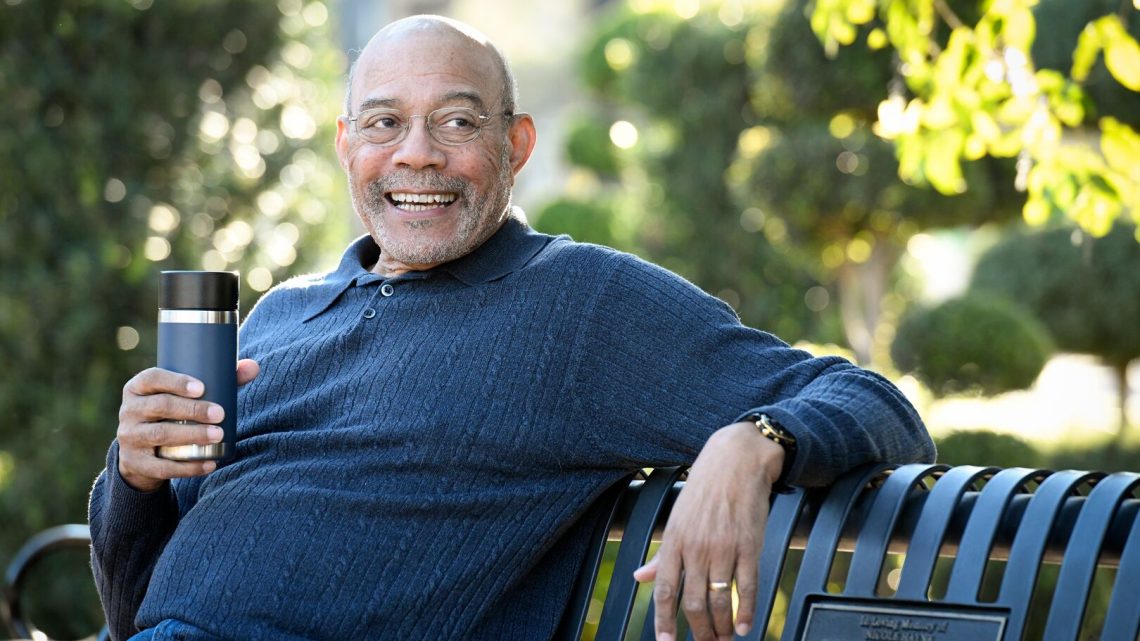“Men are more likely to die by suicide, experience homelessness and substance use issues, yet they are much less likely than women to seek the help they need,” said Michael Driscoll, integrated behavioral health consultant at Centura Health and licensed professional counselor.
The resistance for men to seek mental health resources stems way back to past generations, where hyper-masculine culture calls on men to always be stoic and rarely show emotional needs or sensitivity.
“These cultural attitudes have been passed down from generation to generation and often lead men to believe that they need to handle their struggles and hurdles on their own, in silence,” said Driscoll. “Men often tell me that they feel alone, not cared for or noticed unless they are being recognized for their productivity.”
While engrained cultural practices likely play a role in whether a man seeks mental health help or not, so too may the fact that most therapists are women.
“We find that men choose to see male physicians and that having a male physician recommend that they seek help from a therapist in our clinics adds a layer of trust and relatability,” said Darci Harvey, director of integrated behavioral health at Centura Health. “In addition, having male therapists also helps men feel more comfortable. Since I’ve joined the integrated behavioral health team, we went from having zero male therapists on staff to hiring five over the years and that can certainly be a factor in the increase in males we are treating.”
The IBH team at Centura Health is embedded in primary care clinics across Colorado. This means when a patient comes in to see their primary care provider for a wellness visit, they can easily be referred to the IBH team. It also allows IBH clinicians immediate and easy access to help patients on the spot.
“Being right there in the clinic, we get more referrals and can really focus on more preventive work,” said Harvey. “This ensures we can address the patient’s mental health care needs right in the moment rather than having the patient go home and battle the common barriers to seeking mental health care like calling therapists that may not be accepting new patients or that don’t take their insurance.”
Additionally, the IBH team asks that every clinic screen their patients for depression at every wellness visit. This gives the team the opportunity to engage and start the conversation rather than relying on the patient to bring it up to their provider.
It is this work, coupled with the increase in public conversations – from athletes and role models to male family members and friends – surrounding mental health and sharing personal struggles that clinicians believe is helping to slowly break down that long-standing stigma tied to men seeking mental health care.
“I think we are certainly moving in the right direction,” said Driscoll. “I see men of all ages come in wanting to discuss their mental health.”
Some of the biggest causes for men to seek mental health care are tied to work, finances and health. It’s that last one, health, that gets them to see their physicians in the first place and from there, the conversations with the IBH team can begin.
“At the end of the day, it’s really just about being human, and as a human, we have physical health and we have mental health, and there is no shame in how we need to take care of either,” said Harvey.
Friends and family can also help reduce the stigma by offering an opportunity to talk, ask questions and listen, in addition to looking for the signs of depression. With men, clinicians say it’s often a short temper and anger that comes through rather than the sadness and withdrawal signs seen in women battling depression.
“Keep talking, having these conversations with your male friends, colleagues and family members,” said Driscoll. “Probe, ask direct questions and ultimately, let them know it’s okay to take care of their whole health – body, mind and spirit.”










